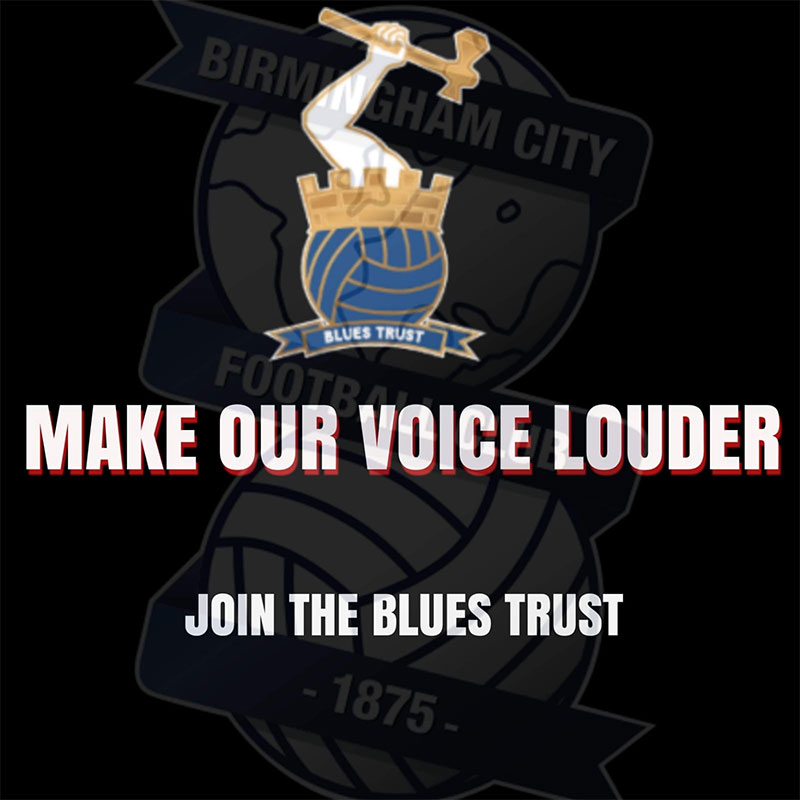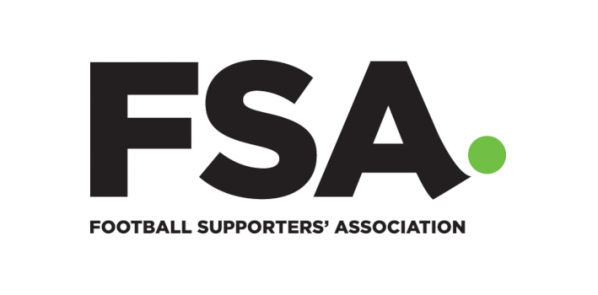Fan-led Review: Protection Of Club Identities
Club identity is one of the topics to be discussed in the fan-led review. The terms of reference include one that says, “Look at interventions to protect club identity, including geographical location and historical features (e.g. club badges)”. If you consider some of the changes that owners have been allowed to make, it is clear that club identity needs protection.
When Wimbledon’s move to Milton Keynes was announced in 2001, there was opposition from Wimbledon fans and fans of other teams. But those fans were unable to stop it, the move took place and the team’s name was changed to Milton Keynes Dons. The Dons Trust, a supporters’ trust, started a new team, Wimbledon AFC, which is owned by fans. They had to start at the bottom of the football pyramid but are now in League 1, the same League as Milton Keynes Dons. Wimbledon AFC have also managed to build a stadium in Plough Lane, close to where their old stadium was, and they started playing there in 2020.
The stadium is also an important part of a club’s identity. If it is sold, fans should know why and what plans the new owners have. Some clubs that have sold their stadiums recently, have sold them to companies belonging to their owners to help them comply with profitability and sustainability rules, which limit the amount of money that clubs can lose. Others have sold them to third parties to raise money for other investment but once ownership of the club and ground are separated it raises concerns as to what the long-term plans are for the ground. This is what happened to Coventry City, that has had to share stadiums owned by other clubs. The concern for Blues fans is what will happen with St. Andrews now it is owned separately from the football club.
In 2012, Vincent Tan, the owner of Cardiff City, changed the home shirt colour from blue to red because he thought red was a lucky colour. He also adopted a dragon crest instead of the traditional bluebird. On January 9, 2015, after sustained pressure from the fans, it was announced that the home colour would be changed back to blue. The next day, the team played at home in blue kits. In a report in the Sun newspaper, in 2018, Vincent Tan was quoted as saying, “I made a mistake by changing the colour and I’ve reverted back to blue. I made a mistake and I rectified it. There will be no more tinkering with the colours.”
Hull City’s owner, Assem Allam, attempted to change the name of the club to Hull Tigers but this was rejected by the Football Association on two occasions.
Manchester City involved fans in the design of their new badge in 2016 and this seems to have helped its acceptance by fans. The fact that the team was doing well may have also helped this change to be accepted.
Blues Trust Board members know that fans cannot be involved in every decision made by a football club but believe that fans should be consulted on issues involving the identity of the club. A way for fans to vote on such issues needs to be agreed.
What are your thoughts?
We would like to know what you think about protecting club identity and whether or not additional measures are required to safeguard club identity going forward.
Please send your thoughts to fanledreview@bluestrust.org with subject “Fan-led Review: Protection Of Club Identities”, no later than 13 June 2021.
Blues Trust
By making comments on the above article, you agree to Blues Trust retaining your email address should we need to make contact with you for admin purposes. Let us know at admin@bluestrust.org if you do not wish us to do this. We will not give out your email address to any 3rd party sources.






You have covered and shown most examples of what can go wrong for a clubs identify and home.
Bringing the ground & training ground under the ownership of the fans if that that could happen that would really protect the club’s themselves. (I know we lease our training ground) which has stopped it been sold off.
The owners can still make money from the ticket sales and games etc. They just pay a % of this for the up keep and upgrades or future projects etc.
The fans could organise concerts or other events to raise additional funds. ELO etc
What I’m trying to get to is that it can be made into a real partnership that helps both parties..
The club indenity ie: Badge, logo , slogan etc etc should be the copy right of the fans. So it can only be changed by the fans. The group could also help in the design of the new shirts with embroidered badges etc. Let’s face it the last few years the quality of the shirt is poor. To be honest I think fan groups could run and put better merchandise into our club shop for us to buy and wear. There could be ties made to local businesses which get the chance to design and make products and garments.
Even take a look at the quality of ‘CSM’ Central Sports Memorabilia compared to our club shop. It’s like chalk and cheese. Use the university’s to allow students to get involved as part of there degrees etc. Quite often this is government funded.
Anyway I’m just trying to open a door of opportunity which would allow the fans ownership model to really be involved in a productive and positive way.
German 51% fan ownership model will “protect club identity”
The rest is a opportunity just waiting to happen.
KRO
I think you will find Birmingham city’s stadium sale is to there self by A proxy company. All the different companies involved in Birmingham City FC are in some way controlled by Mr King.
Ronald clive. The English football league need to bring in a new law and get it passed through parliament.when any club is taken over a good present age of shares are sold to the supporters of the clubs it would give the supporters a say on how the clubs are run.the 6 English breakaway teams who tried to join the super league a new law would stop it.